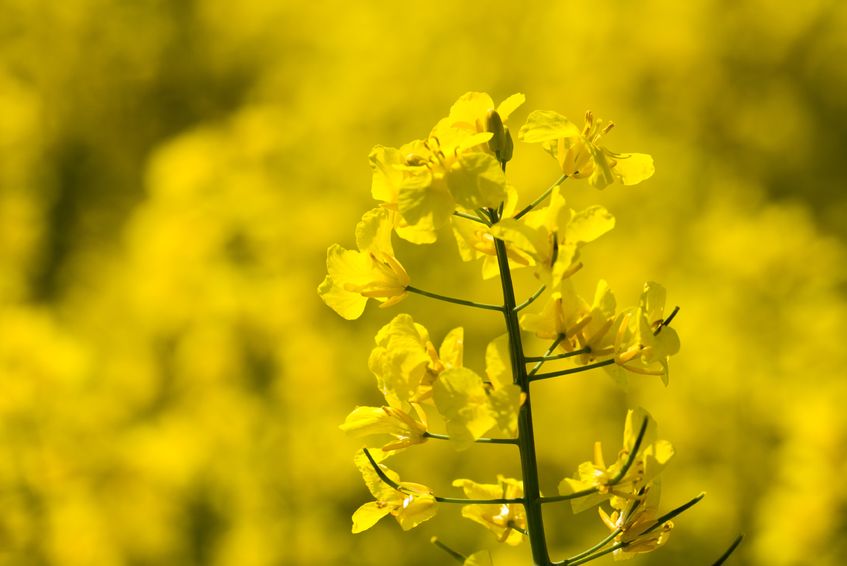
UK researchers have found a way to improve the resilience of oilseed rape and reduce the estimated £100m annual loss to phoma stem canker.
Scientists have found a previously undetected virus in Leptosphaeria biglobosa, a fungus that causes phoma stem canker in oilseed rape.
This can potentially be exploited to improve the immune system of the plant and protect it against more aggressive fungi.
Phoma stem canker is one of the most important winter diseases of oilseed rape in the UK.
The disease can be fatal to plants, cutting off their supply to food and water which often leads to premature ageing and death.
It is predicted to result in crop losses of about £100m each season despite fungicide treatment.
Dr loly Kotta-Loizou, of University of Hertfordshire, said: “Our research is setting the groundwork for the biological control of phoma stem canker.
“What we’ve found can be used as part of an integrated pest management programme aimed at reducing the severity of disease symptoms and improving yield, helping decrease the annual loss to disease every year.”
The research was published in Molecular Plant Microbe Interactions.
